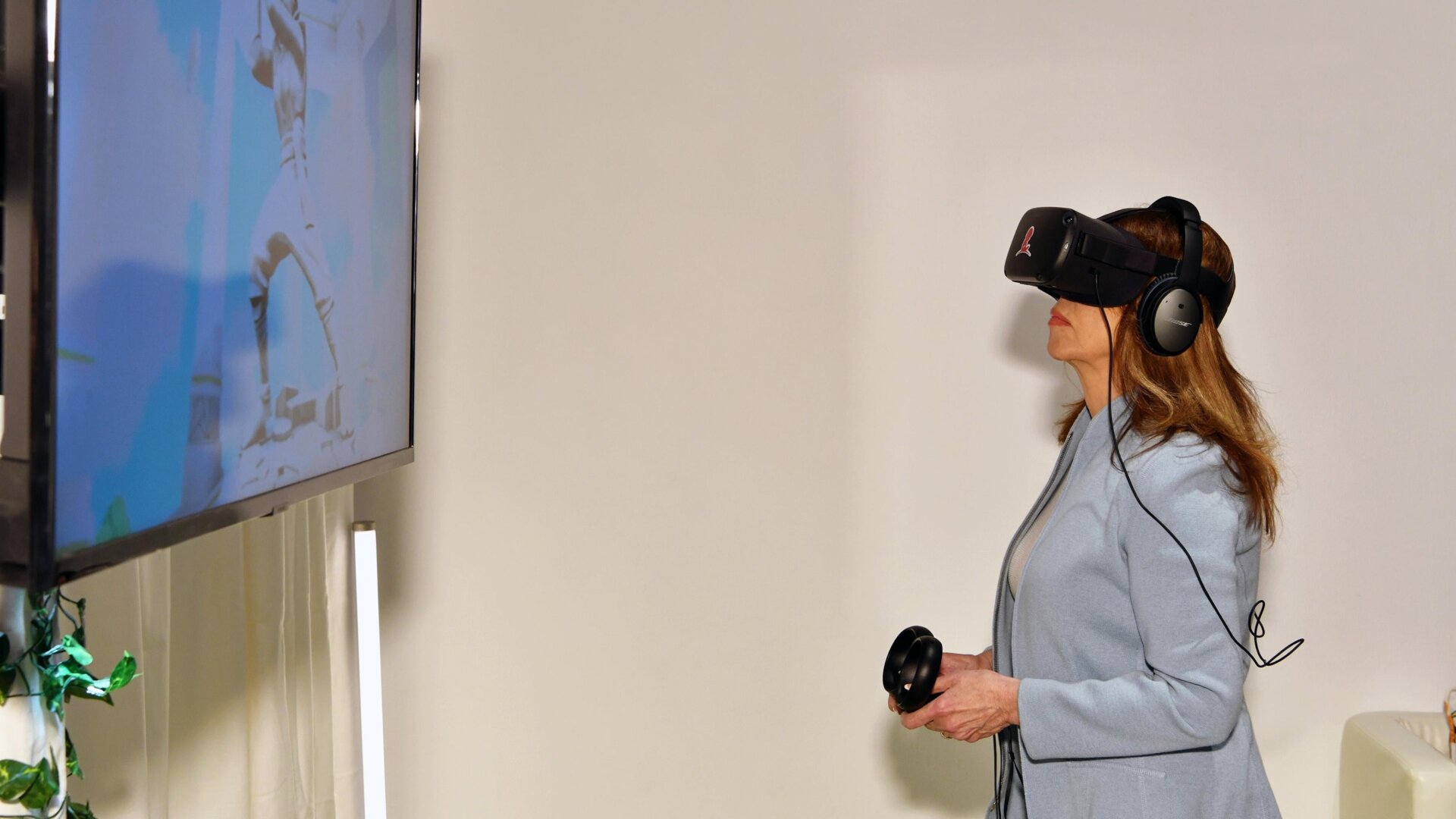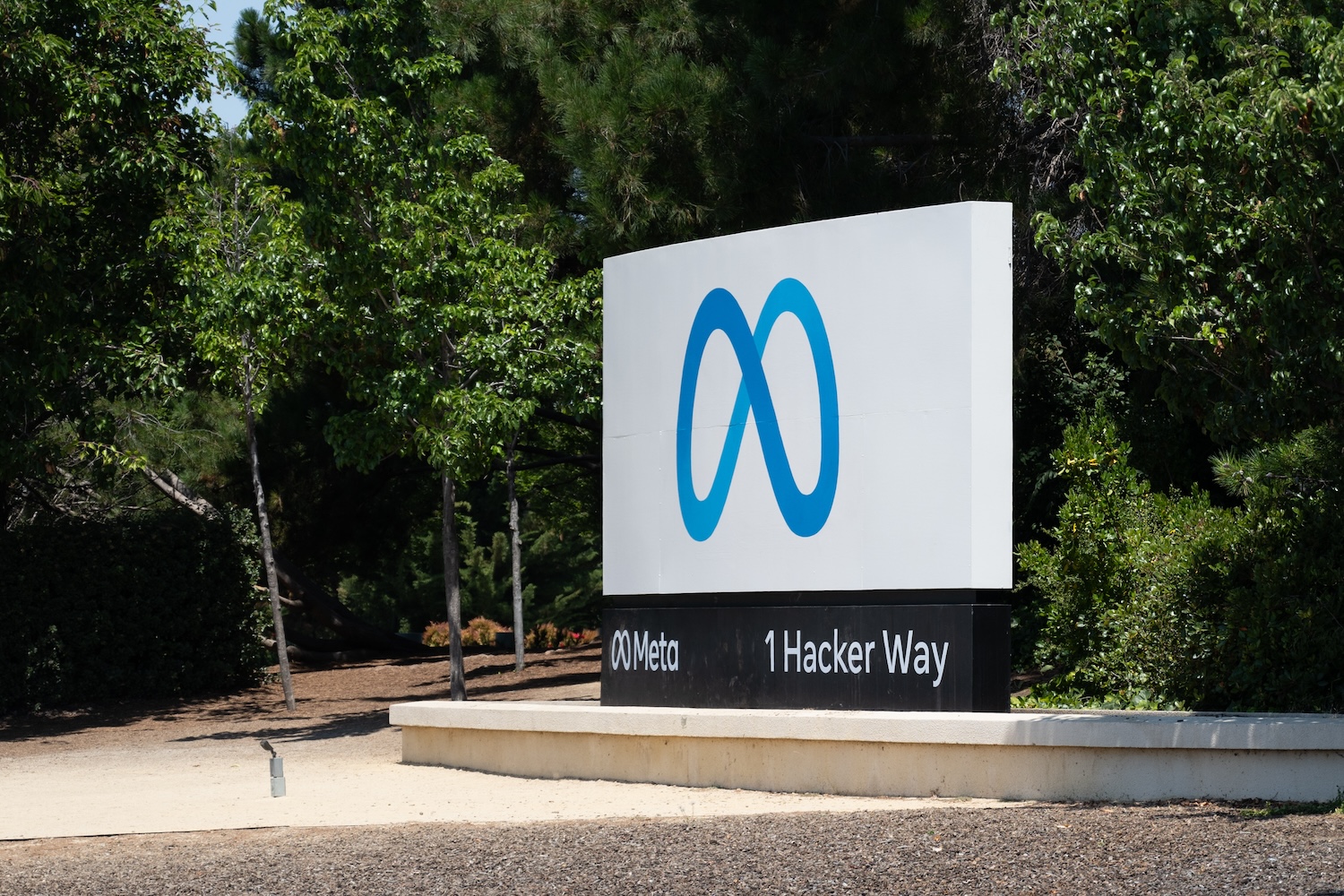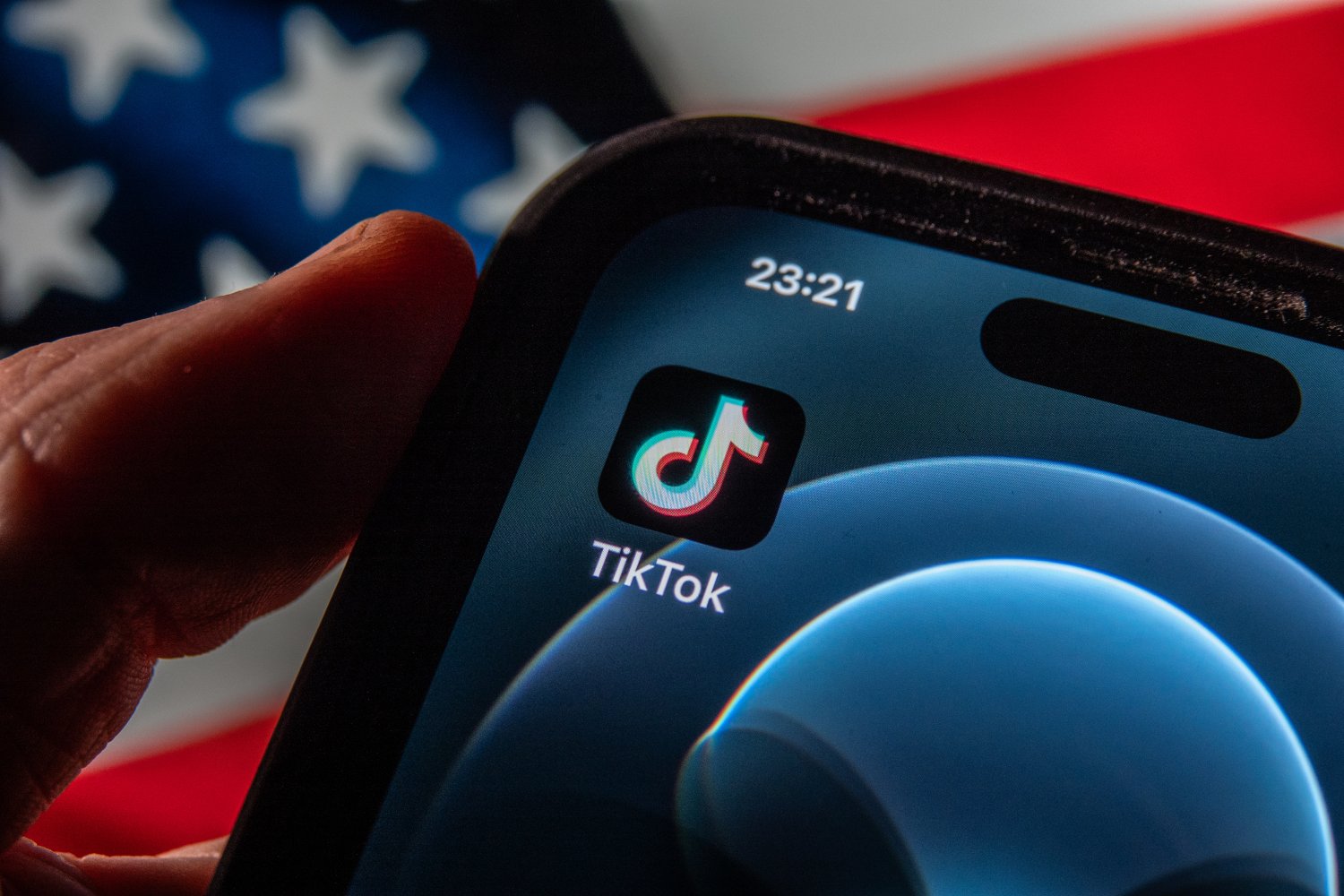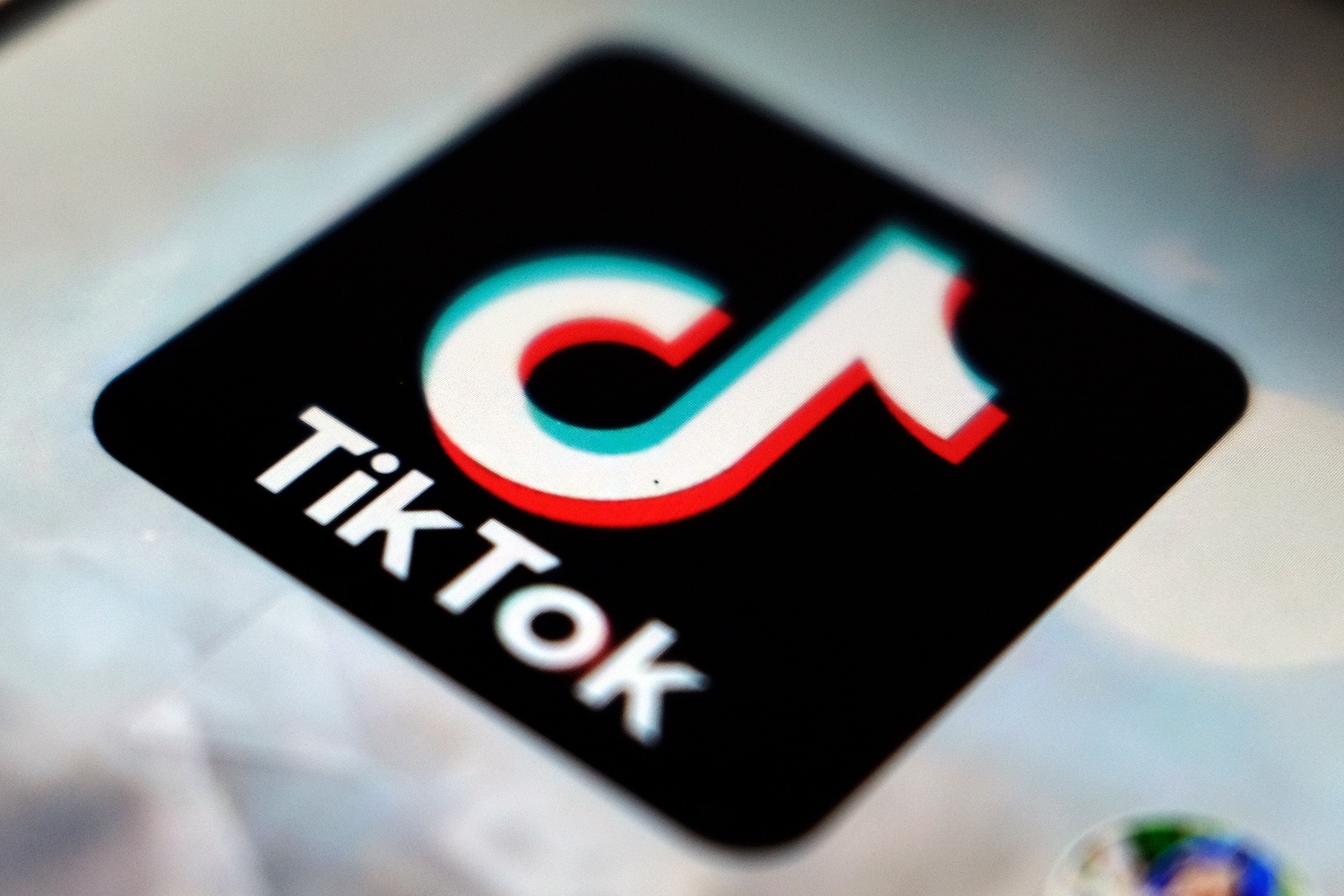With only one iteration ahead, Meta has declared that its first Meta Quest VR headset won’t be receiving any more love or TLC.
In an email sent to Meta Quest 1 users and later posted to Twitter, the company spelled out how it will be dropping support for its original, cheaper virtual reality device. Most importantly, the device will no longer receive future content updates. By 2024, the device will no longer get any bug fixes or security patches.
Meta Quest 1 will no longer receive feature updates, have access to friend party joins/creates, or access to Horizon Home features
These headsets will still receive important bug/security fixes until 2024 pic.twitter.com/DvQ5X5Y10Q
— Brad Lynch (@SadlyItsBradley) January 9, 2023
Notably, users will no longer have significant functionality. Though Meta promised you will still be able to use the headset and its installed games and apps, Quest 1 users will no longer be able to join parties, and they will also lose access to Meta’s feature product Horizon Home on March 5 this year. Users will no longer be able to invite others to their homes or travel over to another user’s home.
Meta CEO Mark Zuckerberg announced what was originally called the Oculus Quest in 2018 as the premiere wireless VR headset. The company released the headset in 2019 (so Meta is a little off in their letter when they said they launched the device “over four years ago”), and this was all before Meta officially renamed the devices and its various services in 2021. So the Quest 1 is working off four-year-old tech, and it would make some sense why Meta would not want to support aging hardware.
The Meta Quest 2 has been billed as a budget, entry-level VR headset, but that was Meta trying to engender support for their whole concept of the “metaverse” while operating at a loss, a strategy which finally bit them in the backside in Q3 last year. Meta then instituted price increases for the Quest 2, raising costs to $399 for its 128GB version and $499 for its 256GB edition.
The original Quest debuted for $399 for a 64GB version and $499 for its 128GB rendition, but you can easily find cheaper versions still being sold for much cheaper online. It just means there will be one less cheap(er) headset on the market, and there don’t seem to be any new releases to replace it.
The end of support for the Quest 1 means entry-level VR will become that much more expensive for the average person. Pico, which is owned by TikTok parent company ByteDance, announced its own $425 and $499 headsets last year, but the company was absent at CES 2023, and we still don’t have any word of U.S. release plans. Beyond that, there’s been little push for more budget-friendly VR as of late. Meta has its own $1,499 Quest Pro it released last year to decidedly mixed reviews. This year, HTC launched its VIVE XR Elite mixed reality headset for $1,099, which Gizmodo got to try at CES.
And, of course, there’s Sony and its PlayStation VR2. The company had these headsets ready for demo at CES, but scheduling difficulties meant Gizmodo did not get the opportunity to demo the device. We’ll just have to see what happens with Sony’s $549.99 headset when it finally releases in February.














